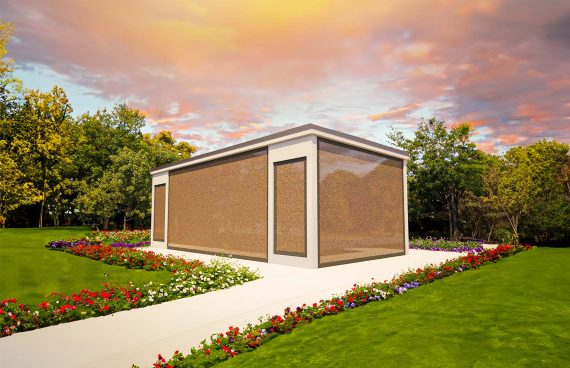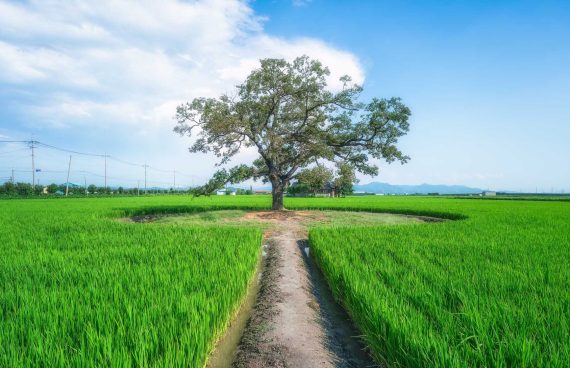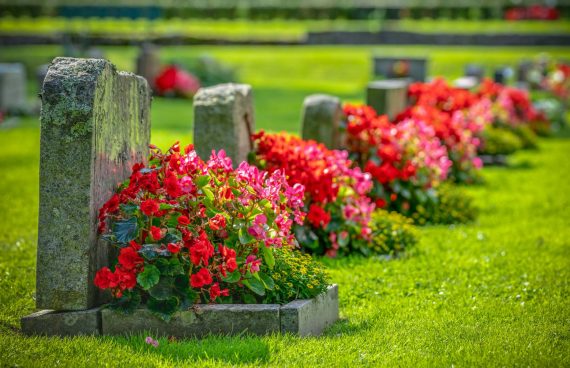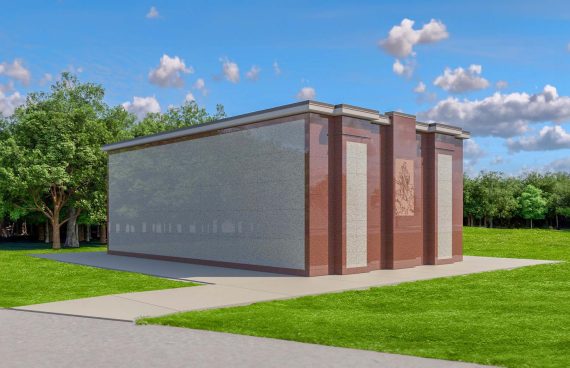Natural burial: Advantages and benefits
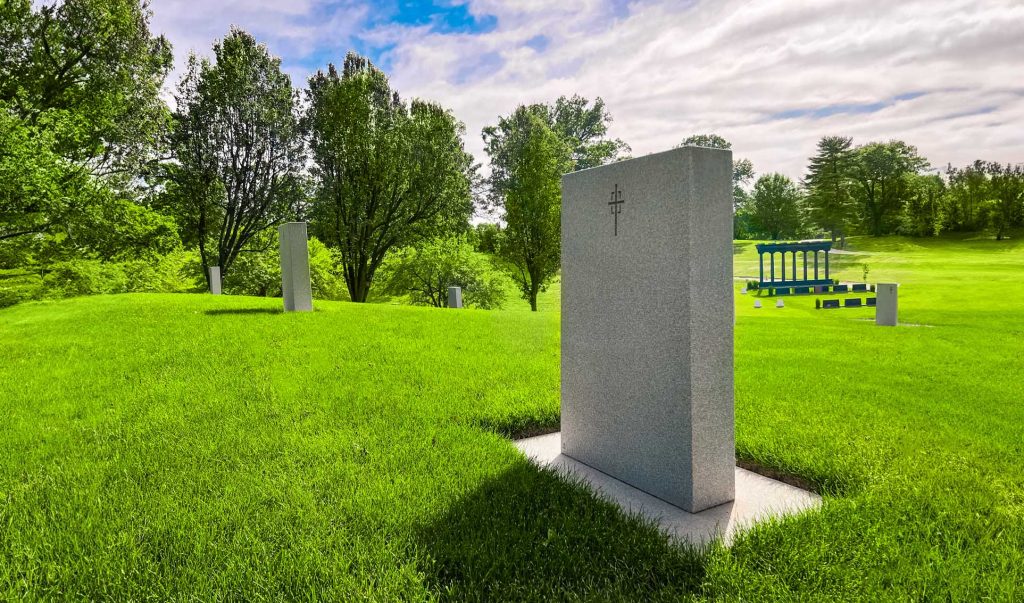
As more families reconsider traditional burial methods that have been standard for over a century, natural burial is gaining attention. If you’re curious about the benefits of natural burial and why some people prefer it, here’s what you need to know.
The drawbacks of traditional burial
Traditional burial has long been the norm in America, largely due to its popularity over the past century. This process typically involves embalming the body with chemical preservatives, placing the body in a casket, and then encasing the casket in a concrete vault, either underground or in a mausoleum. The purpose of these vaults is to shield the casket from moisture and other natural elements.
However, many people now question the sustainability of traditional burial methods. Embalming fluids, which contain toxic chemicals, pose health risks to funeral workers and can be harmful to the environment. Caskets made from metal or fine woods, as well as concrete vaults, are resource-intensive to produce. Even the headstones that mark graves consume significant resources, with granite mining and transportation contributing to energy use and environmental impact.
These concerns have led many to explore the benefits of natural burial.
Understanding natural burial
Natural burial offers an environmentally friendly alternative to traditional methods. It emphasizes minimal impact on the environment, focusing on preserving natural habitats, conserving resources, and protecting the health of those involved in the burial process.
While “natural burial” refers specifically to the burial process, “green burial” encompasses both the process and the cemetery where it takes place. A green burial site must meet specific eco-friendly criteria, whereas a natural burial can occur in any cemetery.
The key advantage of natural burial is its low environmental impact. For example, instead of using formaldehyde—a carcinogenic chemical—natural burial employs non-toxic materials like essential oils for sanitation and preservation. Additionally, the absence of concrete vaults and metal caskets allows the deceased to return to the earth more naturally.
Advantages of natural burial
Beyond avoiding workplace toxins, natural burial offers several environmental benefits:
- Conservation of resources: Traditional caskets are often made from metal or precious woods like mahogany and cherry. In contrast, natural burial uses biodegradable materials such as bamboo, rattan, cardboard, or silk, significantly reducing resource consumption.
- Reduced carbon footprint: While cremation is sometimes viewed as an eco-friendly option, it requires significant fossil fuel consumption and emits carbon dioxide. Natural burial avoids these issues, offering a more sustainable alternative.
- Environmental protection: The production and transportation of materials for traditional burials, such as concrete and steel, contribute to air pollution and greenhouse gas emissions. Natural burial eliminates these harmful processes.
- Habitat conservation: Without the need for gravestones or large burial structures, natural burial sites can be preserved as green spaces, allowing natural habitats to thrive.
- Personal control and respect: Many people view natural burial as a way to maintain control over their body in death, similar to the natural birth movement. It aligns with the belief that the human body should be allowed to return to the earth naturally.
Who chooses natural burial?
Natural burial has been practiced for centuries, but its popularity surged in the 1990s in Britain, where limited land resources prompted a rethinking of burial practices. While it was once associated with those deeply connected to nature, natural burial is now chosen by a diverse range of people. Whether motivated by environmental concerns, spiritual beliefs, or a desire for a more meaningful farewell, many find natural burial to be a fitting choice.
If you’re interested in learning more about natural burial, we offer a wealth of online resources and are always here to answer your questions. Feel free to reach out—we’re here to help in any way we can.








 Use current location
Use current location




